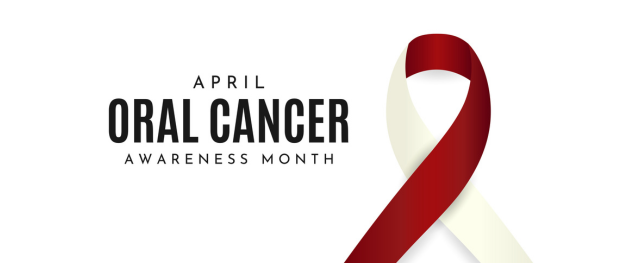
Dentists Urge Virginians to Refrain from Tobacco, Vape and Other Nicotine Product Use
April is Oral Cancer Awareness Month, an observance dedicated to raising awareness for oral cancer and the importance of preventative care. This month, the Virginia Dental Association (VDA) is urging the public to refrain from using tobacco, nicotine vapes, and other smokeless products and to schedule routine oral exams with their dentist.
According to the American Cancer Society, there will be more than 12,000 deaths from oral cavity or oropharyngeal cancer and nearly 60,000 new cases of oral cancer in 2025.
While cigarette smoking has decreased over the past decades, there has been an emergence in the use of e-cigarettes and nicotine pouches, especially among young people.
According to a 2024 report from the U.S. Centers for Disease Control and Prevention, e-cigarettes remained the most commonly used tobacco product (5.9%) for the 11th year in a row among youth who reported current tobacco product use, while nicotine pouches became the second most commonly used tobacco product (1.8%).
With the rise in popularity of nicotine products, Virginia dentists are encouraging the public to be aware of the health risks of nicotine usage, especially for teens and young adults.
“While many people view using vapes and other tobacco-free products as a less harmful substitute to smoking cigarettes, nicotine exposure in any form can harm brain development, increase blood pressure and heart rate and lead to addiction,” said VDA President, Justin Norbo, DDS. “This Oral Cancer Awareness Month, we’re encouraging individuals to examine lifestyle habits that may increase their risk of developing oral cancers, and to schedule an appointment with their dentist, especially if it’s been over a year since their last exam.”
Dentists are often the first health professionals to notice signs of oral cancer, which can appear inside the mouth and throat or on the tonsils and tongue. During a dental visit, dentists will review the patient's medical history and examine the oral cavity, throat, jaw, and neck for any abnormalities.
Individuals should consult a dentist if they experience any of the following symptoms persisting for more than two weeks:
A sore or irritation that doesn't heal
Red or white patches
Pain, tenderness, or numbness in the mouth or lips
A lump, thickening, rough spot, crust, or small eroded area
Difficulty chewing, swallowing, speaking, or moving the tongue or jaw
A change in the way teeth fit together when closing the mouth
For more information, visit the American Dental Association’s Mouth Healthy campaign.
Find a local dentist at https://findadentist.ada.org/.

